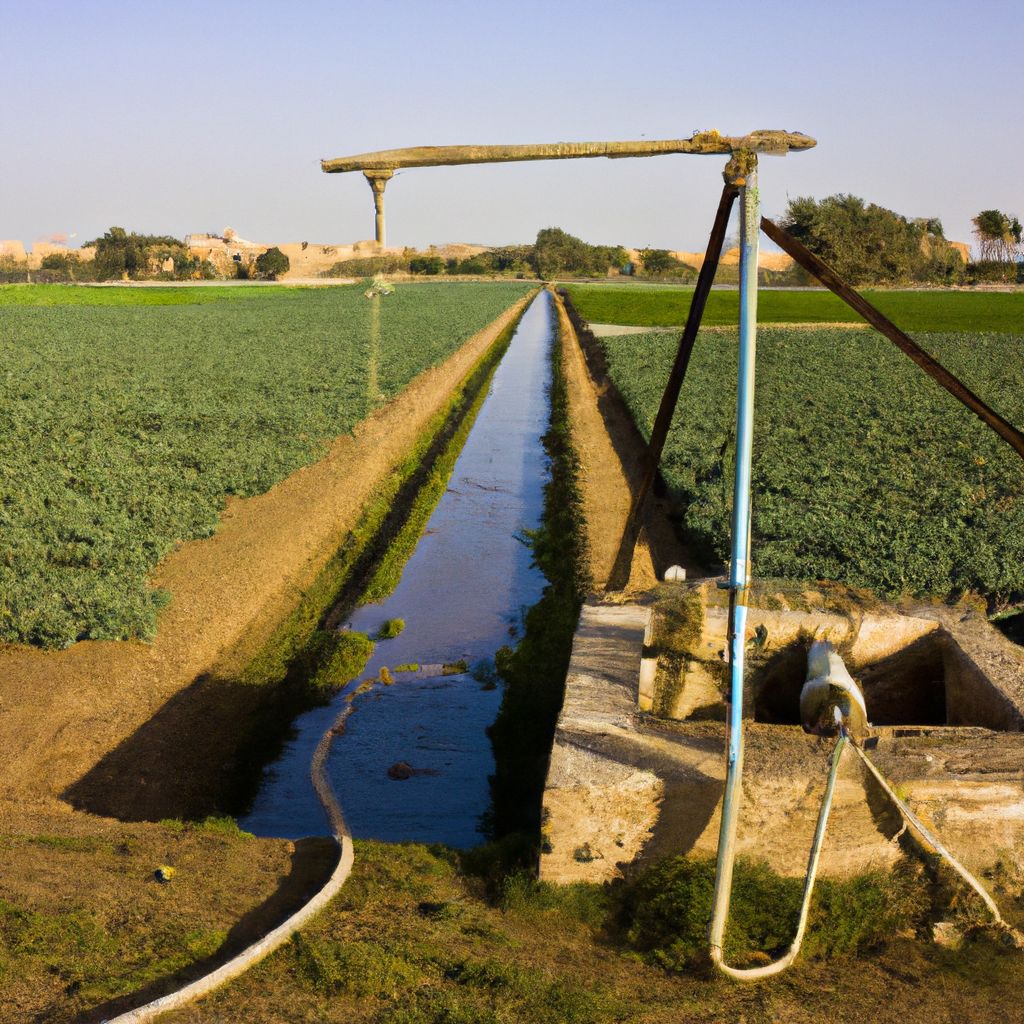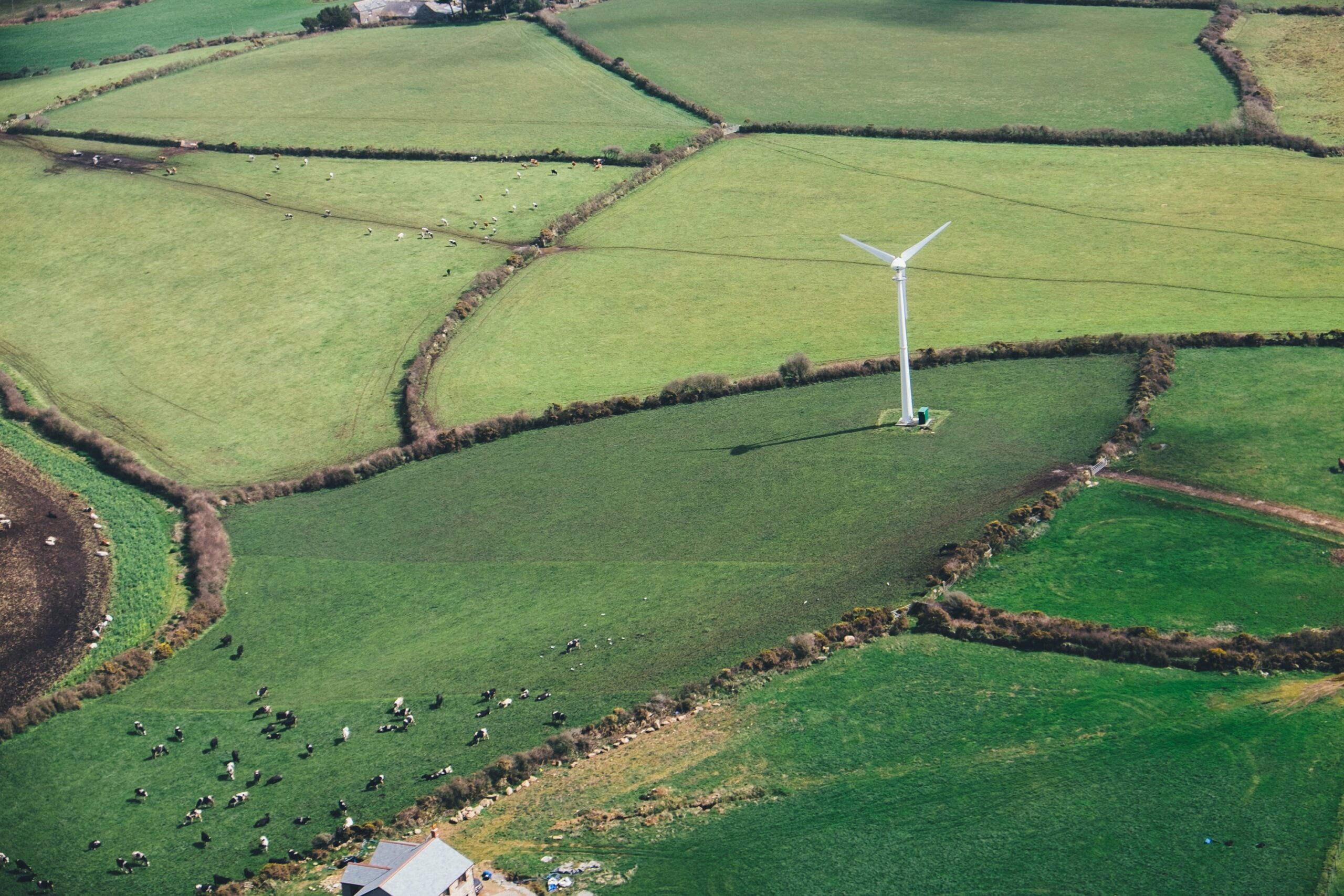As you journey through the rich landscape of innovative water-saving techniques in Egyptian agriculture, it’s impossible not to be captivated by the sophistication and dedication seen in confronting the water scarcity problem. This transformative journey showcases how Egypt utilizes ingenious water conservation methods to address the nation’s water scarcity issues specifically in the realm of agriculture. These techniques pose not only a crucial solution for Egypt’s current water crisis, but also ignite a hopeful beacon for fellow countries grappling with similar issues in the agricultural sector.
Background to Water Scarcity in Egypt
Egypt, with its ever-increasing population, is faced with a significant challenge of water scarcity. This issue threatens every aspect of life, especially the agricultural sector which forms a backbone of Egyptian economy and culture.
Understanding Egypt’s water scarcity
You may be wondering, why exactly is Egypt dealing with water scarcity? The answer lies in the widespread overuse of water for agriculture and its natural catchment area, the Nile River. With little rainfall, the country mainly relies on the River Nile for its water supply which is insufficient to cater for its population’s needs.
Impacts of water scarcity on Egypt’s agriculture
The scarcity of water directly affects Egypt’s agricultural practices. Farmers face difficulties in cultivating their traditional crops, leading to lower quality and quantity of production. This, in turn, impacts the economy at large and threatens the livelihood of the farmers.
Egypt’s current water management strategies
The Egyptian government has begun efforts to address this issue. Current strategies include water recycling projects and local level management. However, these have not been enough to solve the lack of water supply, necessitating more innovative and effective solutions.
Farming Techniques Boosting Water Efficiency
In response to the challenges, several efficient farming techniques have been put in place to boost water conservation. These are designed to use water resources more judiciously, ensuring agricultural practices are sustainable.
Systems of Rice Intensification (SRI)
SRI is an innovative method that uses less water and generates higher rice yields. By carefully managing the nursery, transplantation, mulching, and weeding stages, farmers have been able to reduce their water usage significantly.
Hydroponic farming
Hydroponic farming involves growing plants without soil and is another technique gaining traction in Egypt. The plants are grown in a nutrient solution which reduces the water requirement by up to 90% as compared to traditional farming methods.
Aeroponic farming
Aeroponic farming is another soilless cultivation practice where plants are grown in air or mist environment. This trend is new in Egypt, but it promises a high potential for water saving due to its significantly lower water requirements than traditional practices.
Use of Superabsorbent Polymers (SAPs)
Another water-saving technique is the use of Superabsorbent Polymers (SAPs) which have beneficial properties such as high swelling capability and biodegradability, making them an excellent choice for holding water in the soil, reducing evaporation and drainage.
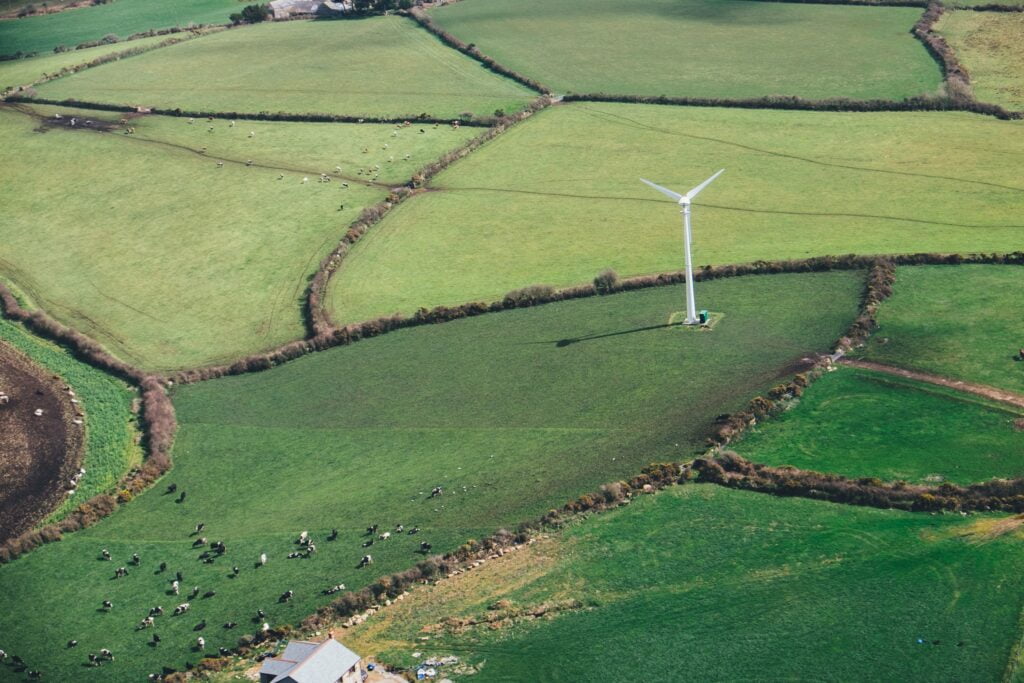
Role of Technology in Water Conservation
Beyond farming techniques, technology also plays a pivotal role in promoting water conservation.
Smart irrigation systems
Smart irrigation systems allow farmers to monitor and control water usage, drastically cutting wastage, and improving water efficiency. With sensors and software, farmers can now detect the exact amount of water their crops need, reducing over-irrigation and runoff.
Satellite and drone technology in aid of water management
The emergence of satellite and drone technology offers exciting possibilities for the management of water resources. With these tools, farmers and policymakers can monitor crop health, weather conditions, and water usage to make informed decisions.
Use of technology for leak detection in water supply systems
Digital technology can also be used to detect leaks in water supply systems. By identifying and fixing these leaks, water wastage can be significantly reduced, thereby conserving this precious resource.
Traditional Water-Saving Techniques
While modern innovations are essential, Egypt’s rich history also hosts several traditional water-saving techniques that can still serve current needs.
Use of the basin and flood irrigation methods
The basin and flood irrigation methods are traditional techniques that still are used today. They rely on maximizing the effect of the limited Nile flooding and controlling water distribution through a system of canals.
Terracing
Another traditional practice is terracing, which reduces erosion and surface runoff, promoting the efficient use of water and making farming possible on sloped lands.
Installation of a series of water control gates
Historically, Egyptians manually installed a series of water control gates along irrigation channels to control the flow of water. This technique could be integrated with modern automatic control systems to further conserve water.
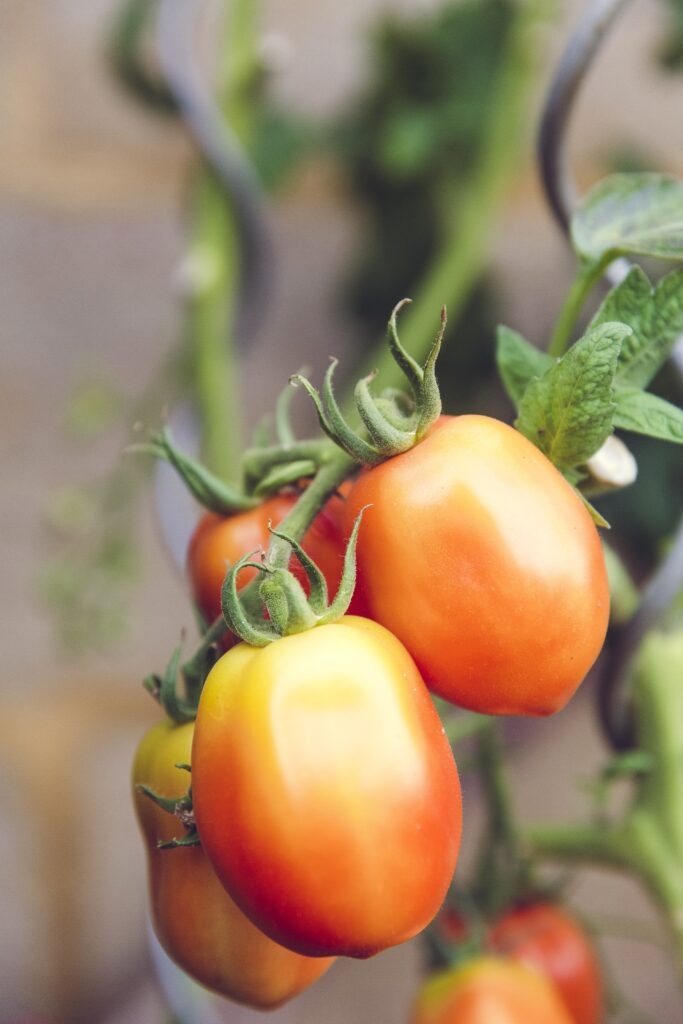
Government Policies and Incentives
The Egyptian government has developed policies and introduced incentives to help tackle the water scarcity issue.
National Water Resource Plan 2017
The National Water Resource Plan 2017 is Egypt’s comprehensive water management strategy that covers areas like reuse of agricultural drainage water, rain harvesting, groundwater extraction and demand management.
Role of subsidies in promoting water-saving techniques
The government also offers subsidies to farmers to promote the use of water-saving technologies and practices. These incentives encourage adoption and stimulate the necessary change at the grassroots level.
Awareness campaigns on water conservation
Public awareness campaigns on water conservation have also been instrumental in getting everyone involved in the fight against water scarcity. From children to farmers, everyone is now aware of the need for water conservation.
Potential Challenges and Limitations
While there have been significant advancements in water conservation techniques and their promotion, there are also challenges and limitations.
Financial constraints
Water-saving technologies often come with costs that many farmers may be unable to bear. The initial expenditure for installing these systems might be relatively high for most farmers, constraining their widespread adoption.
Lack of technological know-how
Adopting new technologies requires certain technical skills which may be lacking amongst the local farmers. Therefore, ensuring that farmers have the necessary training to operate these technologies is crucial.
Farmers’ Resistance to new practices
Resistance to change represents another hurdle. Many farmers are hesitant to switch from their traditional practices to new water-saving techniques, due to lack of both knowledge and trust in these new methods.

Successful Case Studies
Despite the challenges, there have been several successful case studies which prove that these water-saving techniques can work well in Egypt.
Case of the West Delta water conservation project
The West Delta water conservation project is an excellent example. Through the installation of pipe networks and sprinkler irrigation systems, the project has successfully reduced water use while boosting crop productivity.
Role of private sector in introducing innovative techniques
The private sector has played an integral role in introducing innovative water-saving techniques. Their investments and expertise have fast tracked the application of many new farming techniques in Egypt.
Partnership Opportunities
Collaboration and partnerships can immensely contribute towards water conservation in Egypt.
Local and international partnerships in water management
Local and international partnerships can provide the much-needed resources, technical expertise and funding to address water scarcity. These can help scale-up innovative practices across the country.
Potential role of NGOs in promoting water-saving in agriculture
Non-governmental organizations (NGOs) can also play a significant role in promoting water-saving in agriculture through awareness campaigns, technology transfer, and capacity building exercises for farmers.
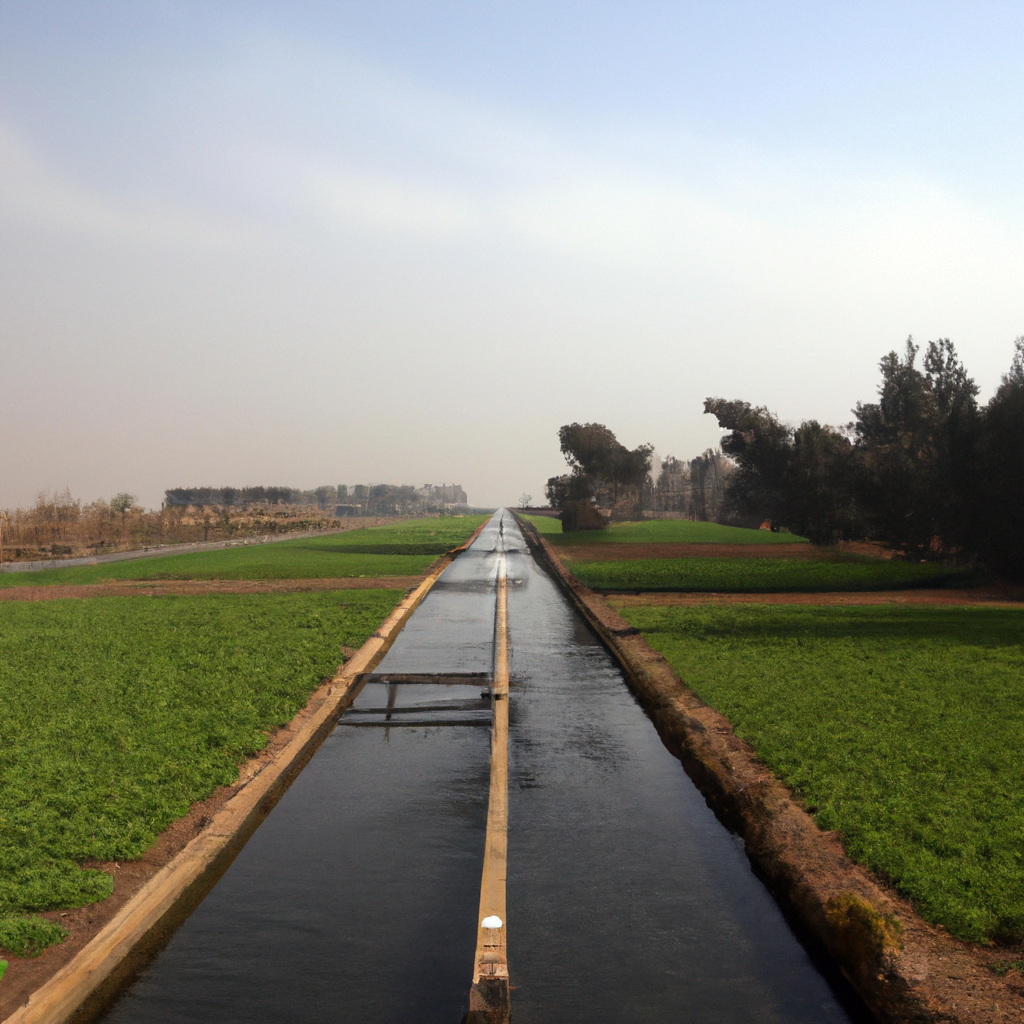
Future Trends in Water-Saving Techniques
Looking into the future, there are various promising developments in water-saving techniques.
Potentials of nanotechnology in water conservation
Nanotechnology offers great potential in water conservation. Its application in the agriculture sector could help improve water filtration, irrigation efficiency, and even increase the drought resistance of crops.
Predictive modeling and remote sensing
Predictive modeling and remote sensing are another emerging trend in water conservation technology. These complex tools allow accurate prediction of rainfall and water usage, enabling farmers to plan their irrigation effectively.
Conclusion: The Way Forward
Reevaluation of current practices
Addressing water scarcity in Egypt requires a careful reevaluation of current farming practices. It is necessary to phase out inefficient methods and replace them with water-saving techniques that are both effective and sustainable.
Long-term benefits of water-saving techniques
The benefits of water-saving techniques are not only immediate but also long-term. They will not only help solve the current water crisis but ensure the sustainability of Egyptian agriculture for generations to come.
Promoting sustainable practices among Egyptian farmers
Promoting sustainable practices among farmers is crucial. Through the adoption of water-saving techniques, farmers can contribute significantly to conserving water resources, ensuring their livelihood and the prosperity of their nation.
